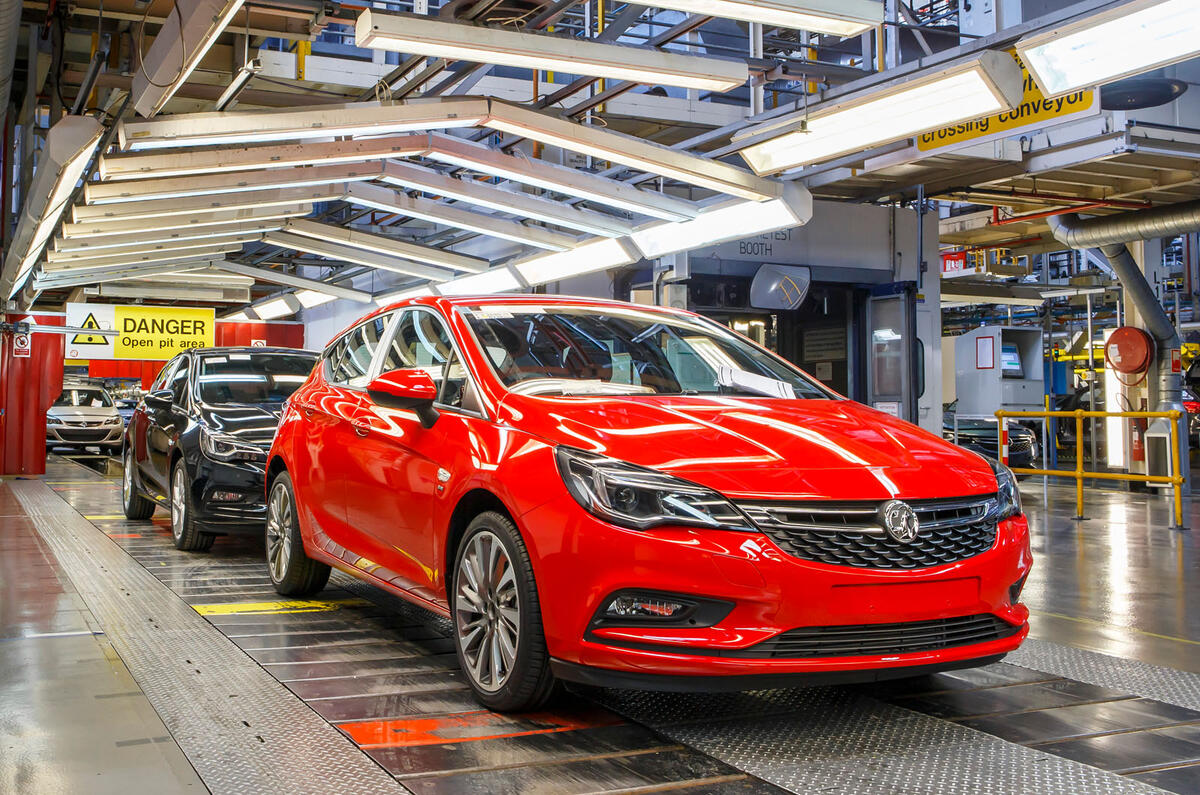“There isn’t a strategy, let’s be honest…” Fiat’s European boss Gaetano Thorel was in fascinating and lively form at a dinner on Monday night and delivered a comment on the UK government that inadvertently could be applied to the dominant topic of automotive industry news in the days that followed.
While his words were specifically in regards to the UK’s sudden removal of grants/subsidies for buyers of electric cars last year, they could be applied to the government’s strategy on EVs as a whole: there isn’t one.




Add your comment